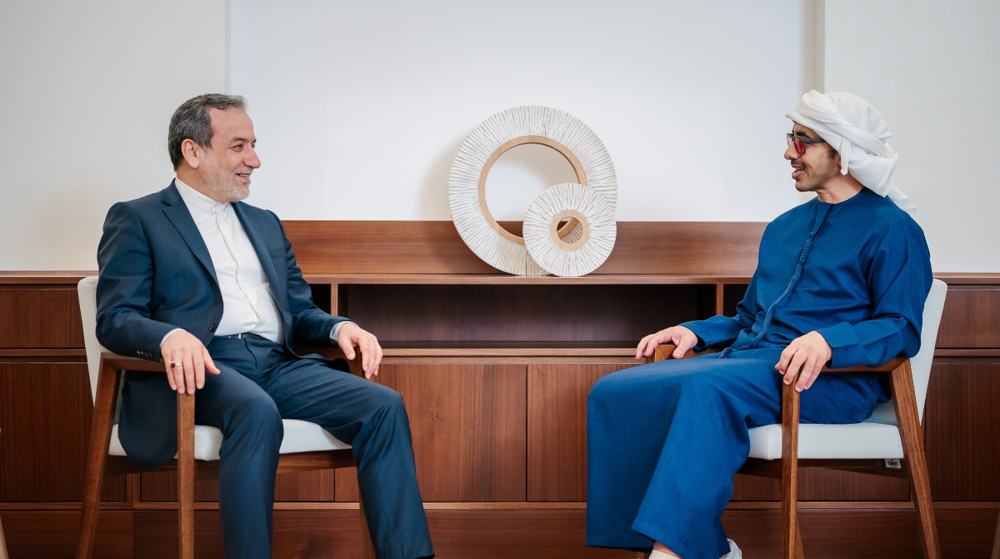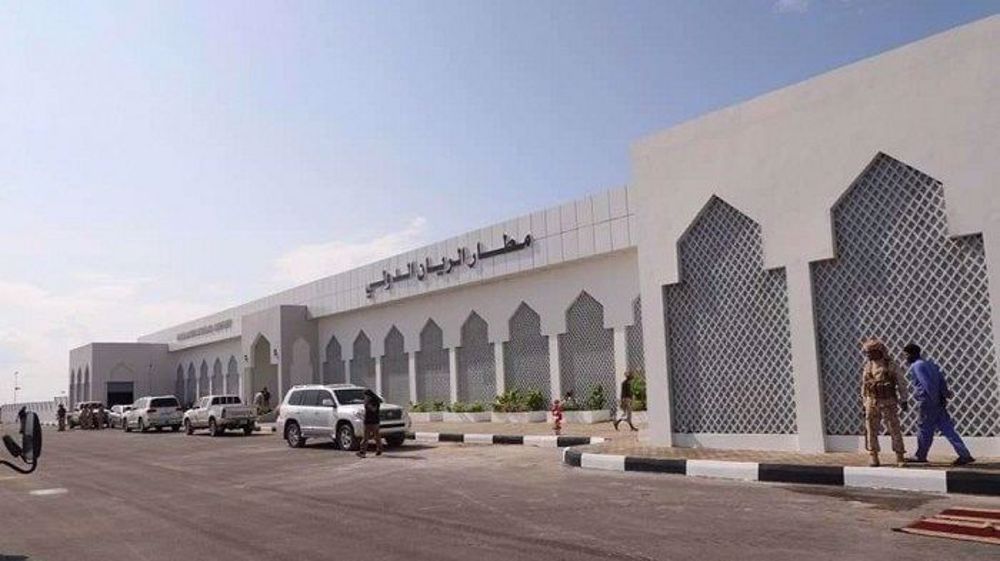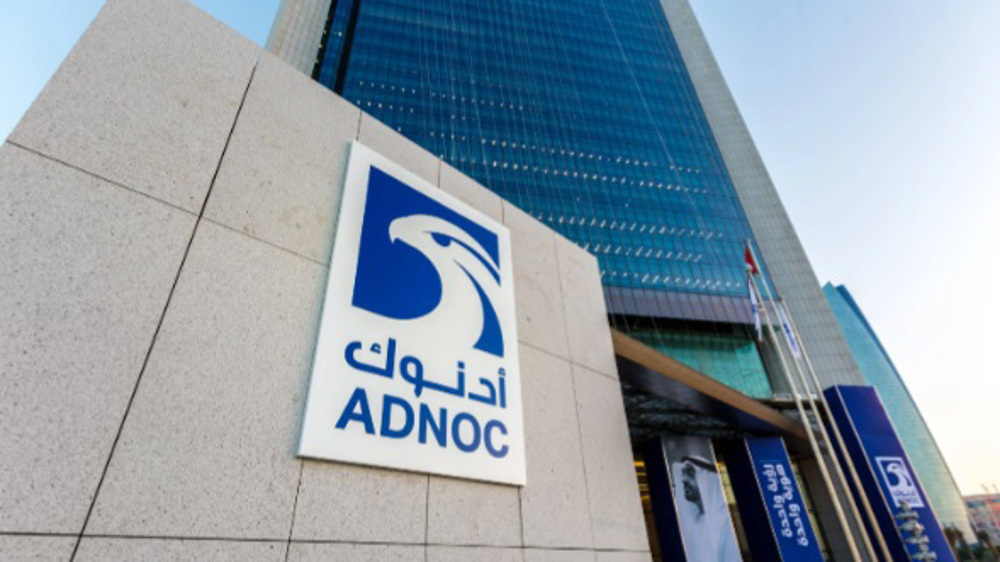‘Trump meeting, Al Khalifah's intensified clampdown on dissent no coincidence’
A senior researcher has described as planned the latest wave of Manama’s crackdown on political dissent in the wake of US President Donald Trump's meeting with Bahraini monarch King Hamad bin Isa Al Khalifah.
“The human rights situation was already bad, but the timing of the latest crackdown is striking and it's unlikely to be coincidental,” Jane Kinninmont with the London-based Royal Institute of International Affairs, commonly known as Chatham House, said on Thursday.
Trump had a string of meetings with Arab and Muslim leaders, including the Bahraini ruler, during a summit in the Saudi capital city of Riyadh last month.
Less than 48 hours after the US president left Saudi Arabia, Bahraini regime troops attacked supporters of prominent Shia cleric, Sheikh Isa Qassim, in the northwestern village of Diraz, killing at least five people and arresting 286 others. Reports said 19 policemen were also injured in the clashes.
“That does suggest that the calculations are being made. I think the main thing that is definitely different is ... the amount of force that was just used. It does seem like a change,” Kinninmont said.
Rights groups and political analysts both warn that the worst is yet to come in Bahrain.
The London-based Bahrain Institute for Rights and Democracy said Trump “effectively gave Hamad a blank check to continue the repression of his people.”
“Trump has effectively embraced longstanding US [Persian] Gulf allies and, in a break from previous administrations, said that he would not lecture them on human rights issues, signaling a hands-off US policy,” Adam Baron, visiting fellow at the European Council on Foreign Relations said.

The American president has hinted at the improvement of Washington-Manama ties under his administration, unlike during that of his predecessor Barack Obama.
The US State Department has also lifted restrictions put in place by Obama, and is pursuing plans to sell single-engine and supersonic F-16 fighter jets to Bahrain.
Thousands of anti-regime protesters have held demonstrations in Bahrain on an almost daily basis ever since a popular uprising began in the country in mid-February 2011.
They are demanding that the Al Khalifah dynasty relinquish power and allow a just system representing all Bahrainis to be established.
Manama has gone to great lengths to clamp down on any sign of dissent. On March 14, 2011, troops from Saudi Arabia and the United Arab Emirates were deployed to assist Bahrain in its crackdown.
Scores of people have lost their lives and hundreds of others sustained injuries or got arrested as a result of the Al Khalifah regime’s crackdown.
On March 5, Bahrain’s parliament approved the trial of civilians at military tribunals in a measure blasted by human rights campaigners as being tantamount to imposition of an undeclared martial law countrywide.
King Hamad ratified the constitutional amendment on April 3.
VIDEO | Tehran tax administration building destroyed in organized arson, explosion
National unity will block threats to Iran’s territorial integrity: Intelligence minister
VIDEO | Israel-US scheme for Gaza
VIDEO | Iraqi parliament delays vote to elect new president
VIDEO | Gaza City still thirsty due to Israeli attacks, restrictions
VIDEO | Yemen discloses 'Red Sea Missile' amid shifting regional deterrence
Iranian drone swarms pose ‘credible threat’ to US naval assets: Expert
Israeli attacks kill four civilians in Gaza amid ceasefire violations















 This makes it easy to access the Press TV website
This makes it easy to access the Press TV website